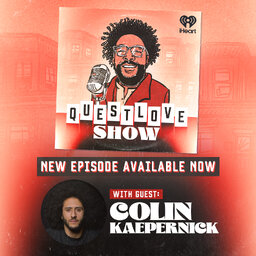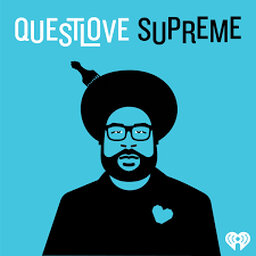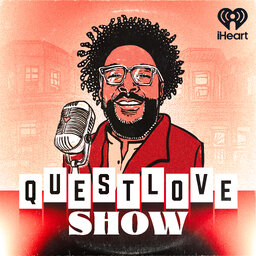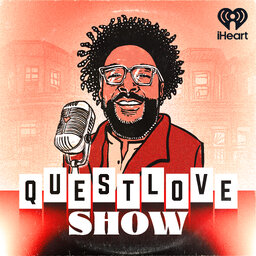QLS Classic: Remembering Roy Ayers
The music community suffered a giant loss this week with the passing of Roy Ayers. In 2017, Roy returned to Electric Lady Studios to sit down with Questlove Supreme. Ahmir adds some reflections and stories about his experience with Roy, as this conversation provides extra insight into the Jazz-Funk pioneer. In this special chat, Roy spoke about his early days in South Central Los Angeles, the strange way Miles Davis had of saying hello, why Electric Lady was the right home, plus so much more.
Learn more about your ad-choices at https://www.iheartpodcastnetwork.com
In 1 playlist(s)
The Questlove Show
The Questlove Show builds on the award-winning Questlove Supreme podcast, bringing listeners into in…Social links
Follow podcast
Recent clips

Colin Kaepernick
26:21

QLS Classic: Lena Waithe
1:32:57

BONUS: James Alexander on The Bar-Kays' Rivalry With Cameo
09:18
 The Questlove Show
The Questlove Show